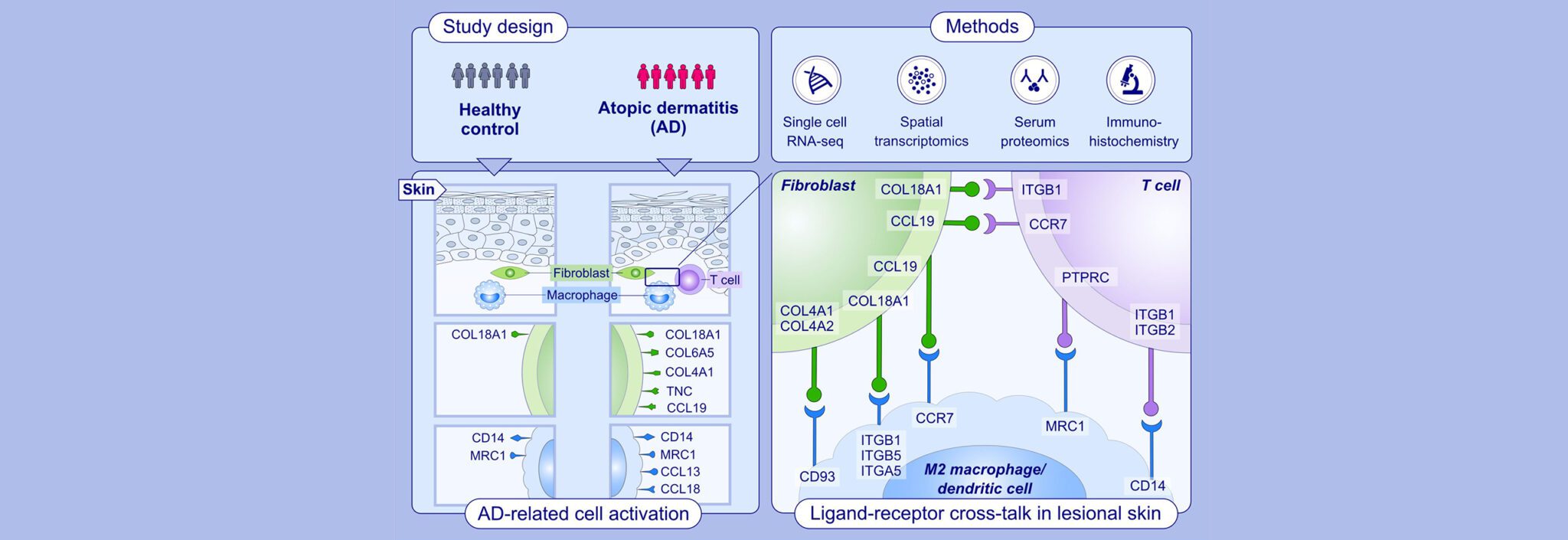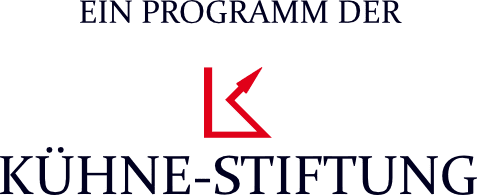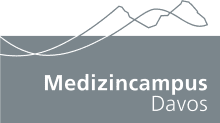Paola Martinez Murillo a postdoctoral researcher in Pierre-Yves Mantel’s group from CK-CARE obtained a Spark grant from the SNSF to investigate the effect of opposite signals on neutrophil biology in atopic dermatitis.
Spark is a Swiss National Science Foundation (SNSF) funding scheme aiming to support projects that show unconventional thinking and introduce a unique approach. The Spark is highly competitive and supports projects based on promising ideas of high originality. CK-CARE was recognized as an eligible institution in June 2023 by the SNSF, opening new funding opportunities for the CK-CARE researchers.
This project aims to understand how two opposing signals: eczema dysregulated immune environment (Th2 response) and bacterial colonization (Th1 response) impact neutrophils function.
Neutrophils are tiny but powerful immune cells in our blood that fight off bacteria and viruses. They live for only 2-3 days and can quickly respond to infections. Neutrophils can adapt to different situations thanks to their genetic instructions (RNA). Our body’s reversible changes in reading DNA, called epigenomic modifications, are crucial for a functional immune response.
Eczema, a chronic skin condition, happens when various factors like genetics, skin damage, and immune reactions go haywire. People with eczema have neutrophils that do not work as well in fighting bacteria, making them more prone to infections.
This study addresses a knowledge gap in neutrophil adaptation to an allergic milieu, by evaluating neutrophil adaptation to anti-bacterial response in a type 2 immune response dominated context such as atopic dermatitis using transcriptional and epigenomic profiling along with comprehensive analysis of neutrophil functionality (netosis, phagocytosis, ROS-production, bactericidal activity, chemotaxis). Building upon in-vitro stimulation insights, then we will aim for a comprehensive analysis of neutrophil functionality in atopic dermatitis patients treated or not with Dupilumab.
Spark is a Swiss National Science Foundation (SNSF) funding scheme aiming to support projects that show unconventional thinking and introduce a unique approach. The Spark is highly competitive and supports projects based on promising ideas of high originality. CK-CARE was recognized as an eligible institution in June 2023 by the SNSF, opening new funding opportunities for the CK-CARE researchers.
This project aims to understand how two opposing signals: eczema dysregulated immune environment (Th2 response) and bacterial colonization (Th1 response) impact neutrophils function.
Neutrophils are tiny but powerful immune cells in our blood that fight off bacteria and viruses. They live for only 2-3 days and can quickly respond to infections. Neutrophils can adapt to different situations thanks to their genetic instructions (RNA). Our body’s reversible changes in reading DNA, called epigenomic modifications, are crucial for a functional immune response.
Eczema, a chronic skin condition, happens when various factors like genetics, skin damage, and immune reactions go haywire. People with eczema have neutrophils that do not work as well in fighting bacteria, making them more prone to infections.
This study addresses a knowledge gap in neutrophil adaptation to an allergic milieu, by evaluating neutrophil adaptation to anti-bacterial response in a type 2 immune response dominated context such as atopic dermatitis using transcriptional and epigenomic profiling along with comprehensive analysis of neutrophil functionality (netosis, phagocytosis, ROS-production, bactericidal activity, chemotaxis). Building upon in-vitro stimulation insights, then we will aim for a comprehensive analysis of neutrophil functionality in atopic dermatitis patients treated or not with Dupilumab.









